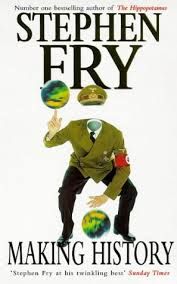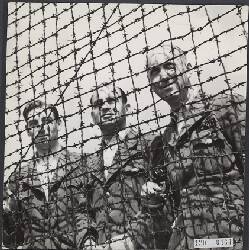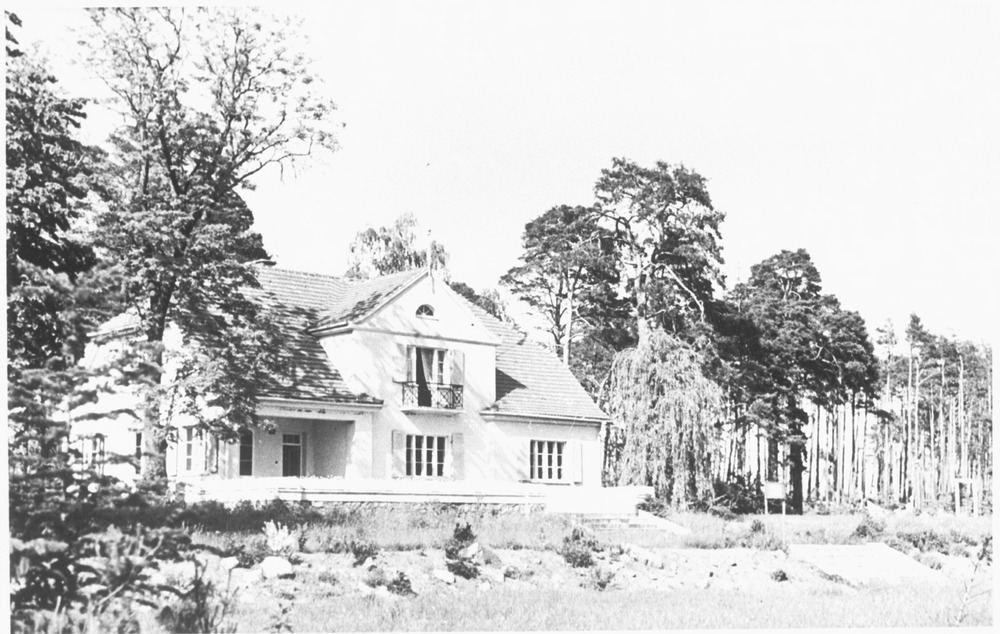Queer History and the Holocaust
Queer victims rarely feature in the historiography of the Holocaust. One of the reasons for this neglect is that they complicate the dominant categories of analysis: we usually regard persecuted homosexuals as gentiles and Jewish victims as heterosexual. The very idea that these two categories could intersect often provokes discomfort, rooted in a historic homophobic stance towards same-sex behavior in the concentration camps. This essay offers a historiographical discussion of this intersection: how queer history has been debated in Holocaust history, and how queer historians have approached Jewish and Holocaust history. Although histories of the Holocaust do not usually acknowledge the possibility of intersecting or multiple identities - say as Jews, homosexuals, or men or women - we can, in fact, find traces of queer Jewish Holocaust victims. Recognizing these multiple identities, I argue, and analyzing them in connection to one another, contributes to a better understanding of Holocaust history.
- Anna Hájková
- IHLIA LGBTI Heritage
- webartikelen
- blogs
- dgb artikelen (hájko/que)
- homoseksualiteit
- shoah
- homomannen
- vervolging van homomannen
- onderdrukking
- lesbische vrouwen
- joodse lhbtq+-personen
- duitsland
- lhbtq+-oorlogsslachtoffers
- seksualiteit
- identiteit
- concentratiekampen
- homofobie
- tweede wereldoorlog
Bij bronnen vindt u soms teksten met termen die we tegenwoordig niet meer zouden gebruiken, omdat ze als kwetsend of uitsluitend worden ervaren.Lees meer










